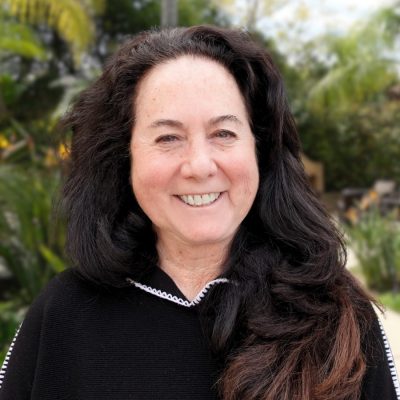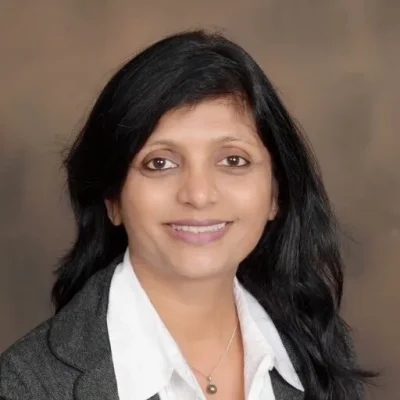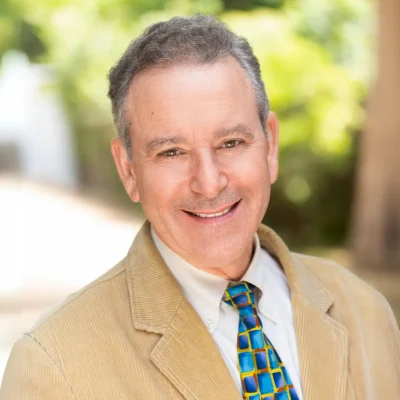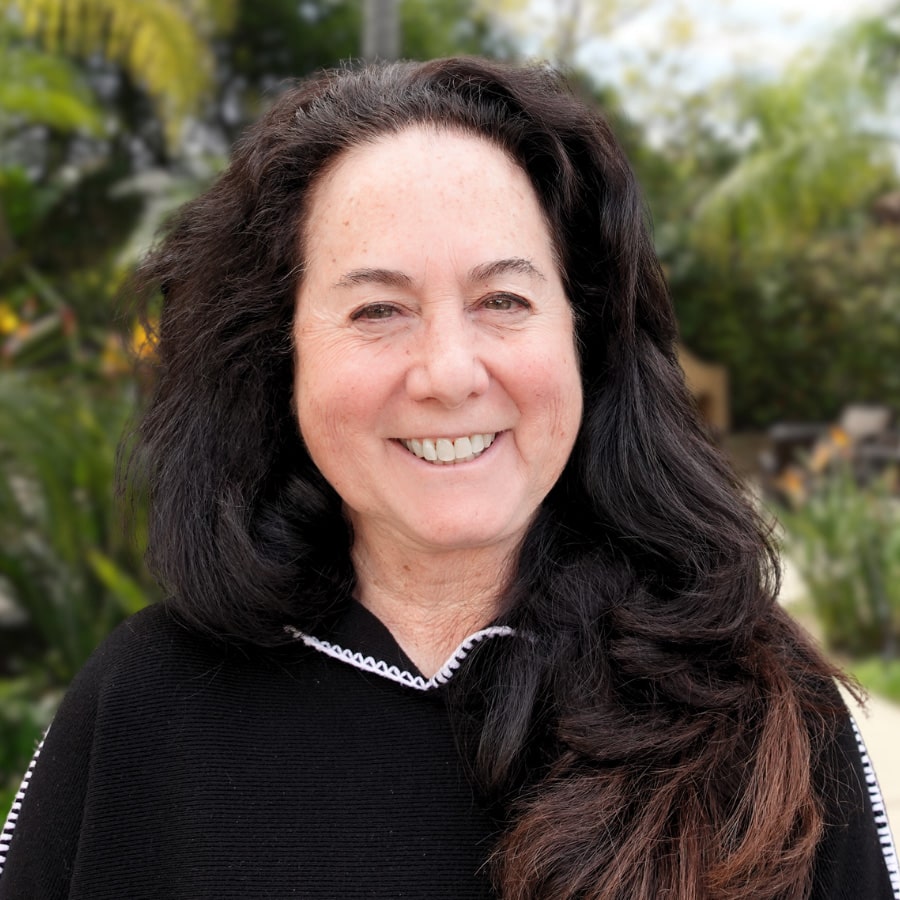Home » Teen Mental Health » Adolescent OCD Residential Treatment
Adolescent OCD Residential Treatment
Our OCD treatment will help your teenager overcome their symptoms.
Contact Hillcrest Adolescent Treatment Center today to learn more.
Home » Teen Mental Health » Adolescent OCD Residential Treatment
Adolescent OCD Residential Treatment
Our OCD treatment will help your teenager overcome their symptoms.
Contact Hillcrest Adolescent Treatment Center today to learn more.
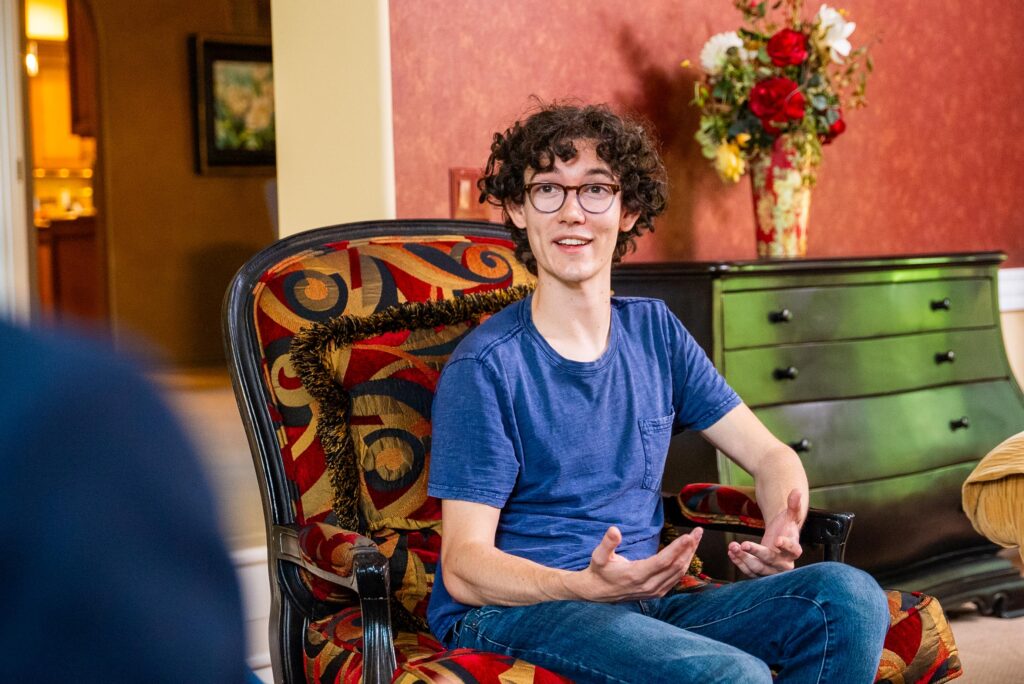
When your teenager is struggling with Obsessive-Compulsive Disorder (OCD), life can feel like an uphill battle. Watching them grapple with intrusive thoughts and repetitive behaviors is overwhelming, and it’s natural to feel uncertain about the next step. At Hillcrest Adolescent Treatment Center, we’re here to help. Our specialized adolescent OCD residential treatment program is designed for teens aged 12–18 and focuses on providing the support, tools, and structure needed for lasting recovery.
With a warm and welcoming environment, expert clinicians, and a family-centered approach, we offer more than treatment—we offer hope. Every step of our program is tailored to meet the needs of your teenager while helping your entire family heal. Schedule a consultation today and take the first step toward peace of mind.
Contact us today to learn more about our teen mental health treatment centers.
What Is Obsessive-Compulsive Disorder?
Obsessive-Compulsive Disorder, or OCD, is a mental health condition that causes persistent and unwanted thoughts (obsessions) and repetitive behaviors (compulsions) meant to relieve the distress those thoughts create. For teenagers, OCD can be especially challenging as it disrupts critical developmental milestones and affects their ability to enjoy everyday life.
According to The BMJ, “studies have found an estimated prevalence of 0.25%–4% [of OCD] among children and adolescents.”
Thus, OCD has a higher prevalence among children and teens than previously believed. It’s important for parents to understand what OCD looks like in teenagers. That way, teens can get the help they need as soon as symptoms are recognized.
Still, OCD might look different in every teen. For some, it’s an overwhelming need to ensure everything is perfectly aligned to avoid imagined consequences. For others, it’s spending hours repeating rituals, such as excessive handwashing or checking locks, to manage intense feelings of fear. While these behaviors provide temporary relief, they often interfere with daily activities, relationships, and emotional well-being.
At Hillcrest, we understand these struggles and offer comprehensive care that empowers teenagers to break free from OCD’s grip and rebuild a healthy, fulfilling life.
The Effect of OCD in Teens
OCD doesn’t just affect a teenager’s behavior—it permeates every aspect of their life. A 14-year-old struggling with intrusive thoughts about cleanliness might find it impossible to sit through class without intense discomfort. A 17-year-old who spends hours performing mental rituals might fall behind academically and withdraw socially, feeling isolated from their peers.
These challenges also extend to families. Parents and siblings often feel frustrated, helpless, or even resentful when OCD’s demands dominate daily life. At Hillcrest, we don’t just treat the individual teen—we work to repair and strengthen family dynamics, helping everyone involved find relief and connection. Our goal is to help teens and families move beyond the limitations of OCD toward a future filled with possibility.
Our Adolescent OCD Residential Treatment Programs
At Hillcrest, we offer specialized residential treatment programs for teenagers struggling with Obsessive-Compulsive Disorder (OCD). Our approach is grounded in clinical excellence, compassion, and a deep understanding of how OCD uniquely affects adolescents. We provide a safe, structured environment where teens can fully focus on their mental health while being supported by a multidisciplinary team of professionals.
Each treatment plan is customized to meet the specific needs of the teen, taking into account their symptoms, co-occurring conditions, and family dynamics. Evidence-based therapies, including Cognitive Behavioral Therapy (CBT) and Exposure and Response Prevention (ERP), are at the core of our program. These methods are proven to reduce compulsive behaviors, challenge intrusive thoughts, and help teens develop healthier coping strategies.
In addition to individual and group therapy, our residential program incorporates family therapy, academic support, mindfulness practices, and recreational activities to promote a well-rounded healing experience. Teens live on campus in a supportive community where they can connect with peers who are also working through similar challenges, reducing feelings of isolation and shame.
Our goal is to help teens not only manage their OCD symptoms but also gain a sense of confidence and independence. Through consistent therapeutic support, education, and skill-building, we empower adolescents to take ownership of their recovery journey.
At Hillcrest, we believe that with the right care and environment, teens can overcome OCD and begin building a healthier, more balanced future. Reach out today to learn how our residential program can support your teen and your family.
Signs and Symptoms of OCD in a Teenager
It’s common for parents to misinterpret the signs of OCD as quirky behavior or perfectionism. However, if these behaviors are causing significant distress or interfering with your teen’s ability to function, they may indicate a deeper issue. A teenager with OCD might spend hours organizing their desk in a way that “feels right” or refuse to leave the house without performing certain rituals, such as tapping objects or repeating phrases.
Other symptoms might be less obvious, such as a teen avoiding specific situations because of intrusive thoughts or becoming unusually secretive about their habits. If you’re unsure, we’re here to provide clarity. Our specialists can help assess your teenager’s symptoms and guide your family toward appropriate care.
Recommended: Take Our Teen OCD Test
Signs and Symptoms of OCD in a Teenager
It’s common for parents to misinterpret the signs of OCD as quirky behavior or perfectionism. However, if these behaviors are causing significant distress or interfering with your teen’s ability to function, they may indicate a deeper issue. A teenager with OCD might spend hours organizing their desk in a way that “feels right” or refuse to leave the house without performing certain rituals, such as tapping objects or repeating phrases.
Other symptoms might be less obvious, such as a teen avoiding specific situations because of intrusive thoughts or becoming unusually secretive about their habits. If you’re unsure, we’re here to provide clarity. Our specialists can help assess your teenager’s symptoms and guide your family toward appropriate care.
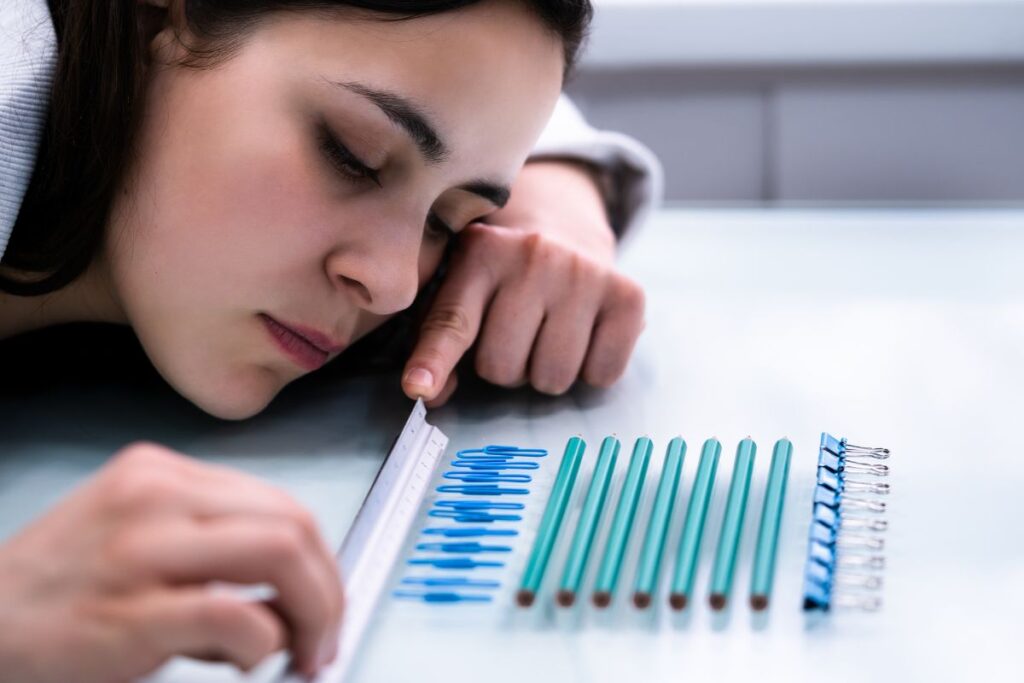
Causes of OCD in a Teenager
While no single cause of OCD has been identified, research suggests that multiple factors contribute to its development. For some teens, OCD may stem from a genetic predisposition, with family members also experiencing anxiety disorders or OCD symptoms. Others might develop OCD following a stressful or traumatic life event, such as moving to a new school or experiencing a significant loss.
Biological factors, like imbalances in brain chemistry, also play a role. Adolescence, a period marked by rapid changes in brain development, can heighten the impact of these factors. Whatever the underlying cause, Hillcrest’s treatment programs are designed to identify and address the root contributors to OCD, providing a comprehensive path to recovery.
Causes of OCD in a Teenager
While no single cause of OCD has been identified, research suggests that multiple factors contribute to its development. For some teens, OCD may stem from a genetic predisposition, with family members also experiencing anxiety disorders or OCD symptoms. Others might develop OCD following a stressful or traumatic life event, such as moving to a new school or experiencing a significant loss.
Biological factors, like imbalances in brain chemistry, also play a role. Adolescence, a period marked by rapid changes in brain development, can heighten the impact of these factors. Whatever the underlying cause, Hillcrest’s treatment programs are designed to identify and address the root contributors to OCD, providing a comprehensive path to recovery.
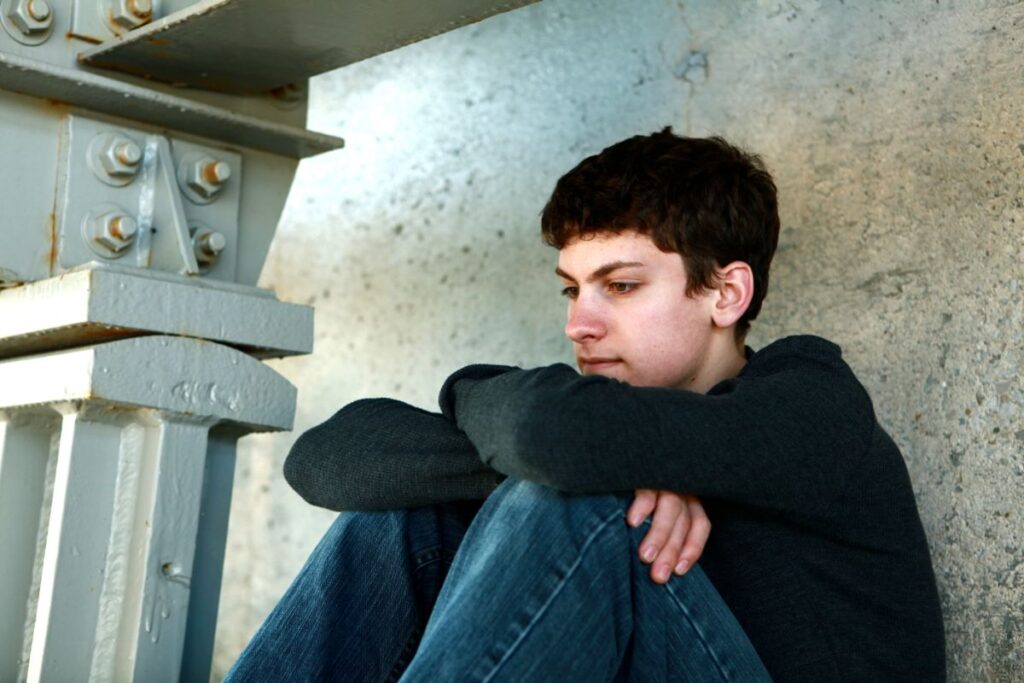
How We Treat OCD in Teenagers
At Hillcrest, treatment is never one-size-fits-all. Each teenager receives a customized plan that addresses their specific symptoms, challenges, and goals. We place a strong emphasis on family involvement, incorporating the loved ones of our clients into multiple stages of the treatment journey.
Our holistic approach also incorporates experiential therapies like art, music, and outdoor activities, helping teens explore new ways to express themselves and manage stress. By addressing the whole person—not just their symptoms—we empower teens to rediscover their strengths and build a brighter future.
Here’s what a day in our residential program might look like:
- Morning Mindfulness Session: Helps teens ground themselves and start the day with focus and calm.
- One-on-One Therapy Sessions: Focused on Cognitive-Behavioral Therapy (CBT), an evidence-based approach that helps teens recognize and challenge intrusive thoughts, breaking the cycle of obsessions and compulsions.
- Exposure and Response Prevention (ERP): A specialized form of CBT conducted in the afternoon to help teens confront their fears in a safe, controlled environment, building confidence and reducing reliance on compulsions.
- Evening Family Therapy Sessions: Provides parents and guardians with tools to support their teen’s progress and improve communication within the family.
- Experiential and Holistic Therapies: Expressive activities such as art and music or outdoor recreation programs encourage teens to express themselves, manage stress, and discover new strengths.
By combining these therapeutic approaches, we ensure a comprehensive plan that treats the whole person—not just their symptoms—helping teens build a brighter future.
Our Clinical Philosophy
At Hillcrest, we believe in creating a partnership with families. We recognize that when one family member struggles, the entire household is affected. That’s why we integrate family involvement into every stage of treatment, ensuring that parents and guardians feel equipped to support their teen’s recovery journey.
Safety and compassion are the cornerstones of our philosophy. Every teenager who enters our care is met with warmth and understanding, and we work tirelessly to create an environment where they feel safe to be themselves. Our clinical methods are rooted in evidence-based practices, ensuring that every intervention is supported by research and proven to work. At the same time, we honor the individuality of each teen, tailoring treatment to fit their unique needs and strengths.
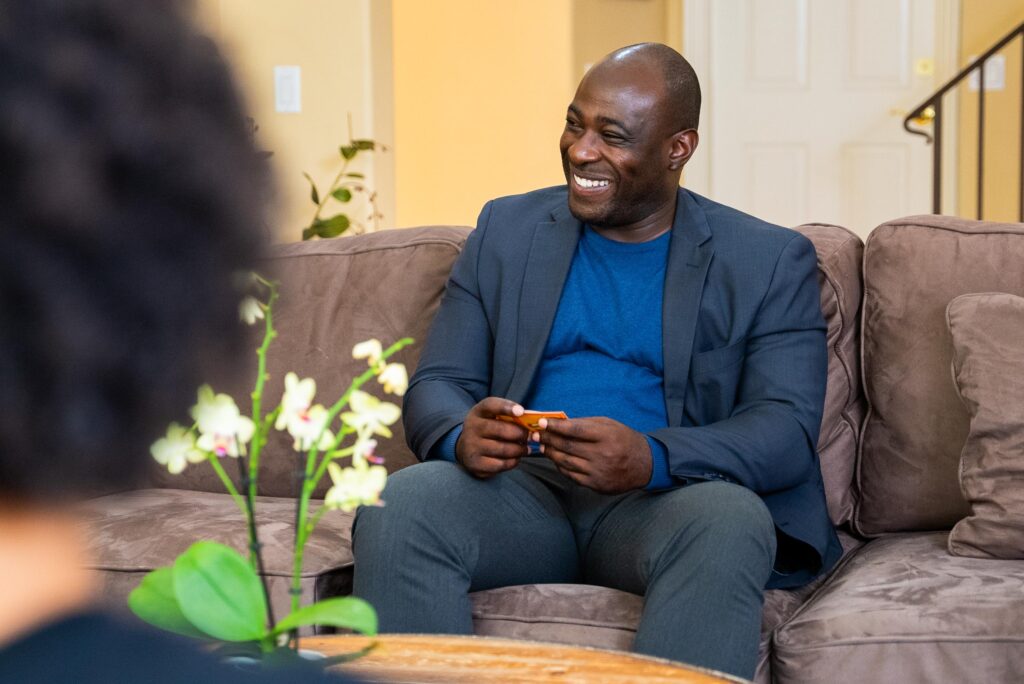
Begin Adolescent OCD Residential Treatment Today
You don’t have to navigate this journey alone. At Hillcrest, we’re here to provide the support, expertise, and care your family needs. From our structured adolescent OCD residential treatment program to our compassionate team of professionals, every aspect of our approach is designed to help your teenager thrive.
Contact us today to schedule a consultation or learn more about our OCD teenager treatment programs. Together, we can help your teen take back control of their life and create a brighter future for your family.













